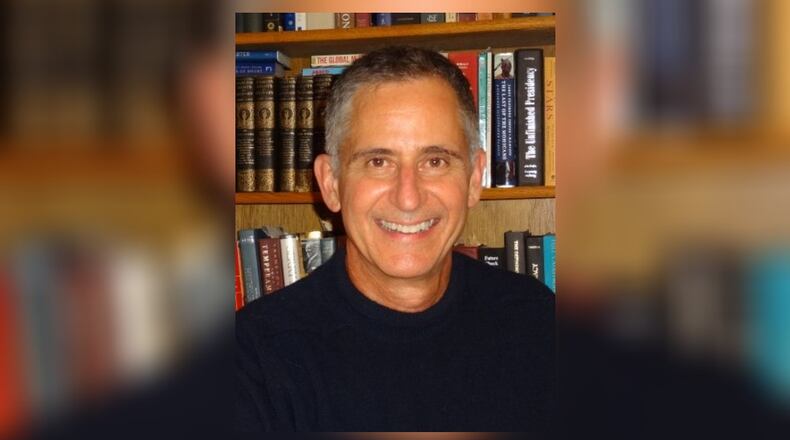The 19th-century English theologian and poet Cardinal John Henry Newman deeply explored the concept of these transcendentals which he viewed as interconnected and ultimately reflecting God’s nature. Of Newman’s many contributions, was his strong belief in higher learning and the continuous pursuit of knowledge throughout one’s life. Newman believed in the notion that ideas and people evolve and need to improve over time. He believed that this evolution applied to both the human development as well as to Catholic doctrine. Cardinal Newman argues against the common notion that the source or beginning of something (like a spring) is always the purest or clearest, especially when applied to complex ideas or beliefs. He instead argues that an idea, like a river, becomes more equable, and purer, and stronger, when its bed has become deep, and broad, and full. When an idea or behavior is examined from different perspectives, its various aspects are brought into relation, and its implications are explored. The more developed stage of the individual, like a river, is not a corruption of the original but rather a fuller, richer, and more complete expression of the original.
Both Rohr’s and Newman’s teachings and writing emphasize the value of lifelong learning to inspire us to continue to grow through the trajectory of our lives. They push the theme that overtime we become a better version of ourselves as we persist in our efforts to learn and grow into our later years. I am struck by the inspiration and insight I get from the lifelong learners I have been privileged to know, befriend, and work alongside. In today’s rapid-fire news cycle in the various mediums we consume, it seems to me that we can all benefit from the investments in our personal growth in the second half of our lives that lead us to discernment and to be better members of society. As I enter the final months of my 65th year on this earth, I am mindful that I have so much more to learn and that every day is an opportunity to grow closer to what is good, true, and beautiful.
Dr. John Malas lives in Kettering Ohio with his wife Diana and is a retired researcher, adjunct teacher, and a longtime Vincentian with the Dayton Society of St. Vincent de Paul.
About the Author
